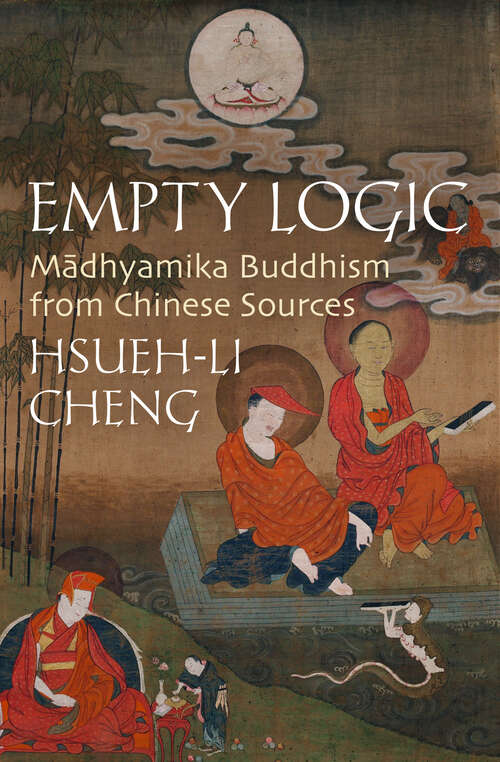
Empty Logic: Madhyamika Buddhism from Chinese Sources
Philosophy, Buddhism
Synthetic audio, Automated braille
Summary
&“Covers the basic philosophy and arguments of Mādhyamika, as well as discussing its possible influence on other forms of Buddhist thought, including Zen.&”—Journal of Chinese Philosophy The chief purpose of Empty Logic is to expound the Mādhyamika philosophy of… emptiness as presented in Chinese sources and to clarify misconceptions about this important Buddhist ideology. It is an attempt to present the earlier Chinese San-lun exposition of Nāgārjuna&’s thought. To followers of Mādhyamika, the doctrine of emptiness is not a metaphysical theory; rather it is essentially a way of salvation. Few people know that one of the most significant outcomes of Nāgārjuna&’s teaching was the creation of Zen (Ch&’an) Buddhism in China. In this work, Hsueh-li Cheng provides a general background of Buddhism to give a historical perspective of Mādhyamika thought and development. After exploring the various meanings and use of emptiness in the process of salvation and illustrating the relationship between Mādhyamika and Zen, Cheng investigates how Mādhyamikas addresses the concepts of reality, God, and knowledge. There follows a brief comparison between Nāgārjuna&’s, Kant&’s, and Wittgenstein&’s philosophies to suggest the unique nature of Nāgārjuna&’s teaching and explain why his beliefs cannot be classified alongside the other two thinkers. Teaching emptiness as the middle way, the revolutionary Mādhyamika branch of Buddhism offers a singular and fascinating path to achieving liberation from the evil and suffering of the world.